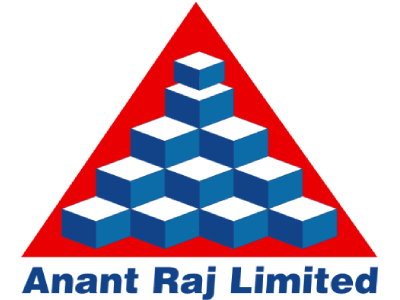Your cart is currently empty!
Indirect Tax
Indirect Tax
Value Added Tax (VAT)/Goods and Services Tax (GST) : A tax imposed on the value added at each stage of production or distribution of goods and services.
Sales Tax : Imposed on the sale of goods and services at the point of sale.
Excise Duty : A tax levied on the production or sale of specific goods, such as alcohol, tobacco, petroleum products, and luxury items.
Customs Duty : Levied on goods imported into or exported out of a country. It is collected at customs checkpoints.
Service Tax : Imposed on certain specified services, such as telecommunications, transportation, professional services, and entertainment.
Stamp Duty : Charged on specific documents, such as property transactions, agreements, or legal instruments.
Octroi : A tax imposed on goods entering a municipality or city.
Free Call Back by our Expert
Here are some key characteristics of a Indirect Tax
- Overview
- Benefit
An Overview of Indirect Tax
An indirect tax is a type of tax levied on goods and services rather than on individuals or entities directly. Unlike direct taxes, which are imposed on the income, wealth, or profits of individuals and businesses, indirect taxes are embedded in the price of goods and services and are collected by the sellers or service providers.
Value Added Tax (VAT): VAT is a common form of indirect tax imposed on the value added at each stage of production and distribution of goods and services. It is typically levied as a percentage of the selling price and is collected by businesses on behalf of the government.
Sales Tax: Sales tax is imposed on the sale of goods and services at the point of sale. It is collected by retailers or service providers and is usually calculated as a percentage of the selling price.
Excise Tax: Excise tax is applied to specific goods such as tobacco, alcohol, fuel, or luxury items. It is often used to regulate consumption, discourage harmful activities, or generate revenue from specific industries.
- Broad-Based Revenue Generation: Indirect taxes have the potential to generate substantial revenue for governments due to their broad-based nature. These taxes are imposed on a wide range of goods and services consumed by the population, resulting in a significant revenue stream for the government.
- Simplicity and Ease of Administration: Indirect taxes are generally simpler to administer compared to direct taxes. Businesses are responsible for collecting and remitting the taxes to the government, reducing the administrative burden on tax authorities. The collection process can be streamlined, making it easier to implement and enforce.
- Consumption Behavior and Market Efficiency: Indirect taxes can influence consumer behavior and promote market efficiency. By imposing higher taxes on certain goods or activities, such as luxury items or products with negative externalities like tobacco or alcohol, governments can encourage individuals to reduce consumption or opt for alternatives. This can have positive effects on public health, environmental sustainability, and social welfare.
- Economic Stability and Flexibility: Indirect taxes can contribute to economic stability and flexibility. During times of economic downturn, governments can adjust the tax rates on specific goods or services to stimulate consumer spending and boost economic activity. Similarly, during periods of inflation or overheating, tax rates can be adjusted to curb excessive consumption and control inflationary pressures.
- Fairness and Distributional Impact: While indirect taxes are generally considered regressive, meaning they have a proportionally greater impact on lower-income individuals, governments can introduce measures to mitigate the regressive effects. For example, exemptions or reduced tax rates can be implemented for essential goods and services that are consumed predominantly by lower-income individuals, ensuring that the tax burden is relatively lighter for them.
- Revenue Stability and Diversification: Indirect taxes provide a stable and diversified revenue source for governments. As these taxes are typically linked to consumption, they are less affected by fluctuations in income or profits. This stability helps governments maintain a consistent revenue stream and reduces their reliance on a single source of income, enhancing fiscal resilience.
- Import Controls and Domestic Industry Protection: Indirect taxes, such as customs duties or tariffs, can be used as tools to protect domestic industries and regulate international trade. By imposing taxes on imported goods, governments can create a level playing field for domestic producers, promote local manufacturing, and safeguard national economic interests.
Customer Reviews
VITIKA MAKAJI
Trademark Objection
- Verified Customer
04 May 2023
Good follow up.
SWETHA D
DIN eKYC Filing
- Verified Customer
12 May 2023
Goood
HARIHARAVIJITHA M
Trademark Registration
- Verified Customer
04 May 2023
nice
VITIKA MAKAJI
Trademark Objection
- Verified Customer
04 May 2023
Good follow up.
Our Clients







